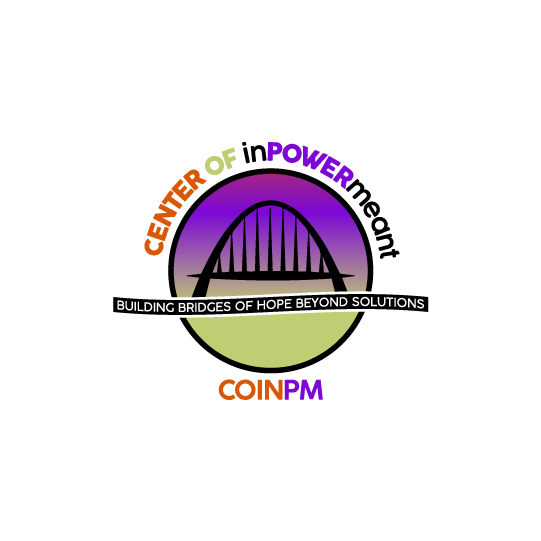Somatic Healing
There are benchmark moments in our life that require authentic assessment. Pivotal uncomfortable questions. Who am I at this stage of life? What do I want? How much of my life am I willing to share and give? Have my desires, mission, vision, and purpose changed? What is important? Or am I finally admitting to what I have attempted to deny? Most of us embark on the journey as a coach, counselor, minister, uplifting speaker, and healer because of our desire to understand and heal ourselves, our family patterns, and the persistent pain in the world, as well as to excel in what perceived as success, happiness, joy.
At what point do we let go of a dream or desire? Or is it the constant drumbeat that drives some to insanity or full-fill-meant? How do we navigate the thin line between faith and insanity? What I know for sure is that it is a personal journey. Unfortunately, some of the social constructs created have created a false narrative many of us live and experience daily as a recipe for a diabolical existence. —battled with internal conflict and a satirical life filled with poverty, illness, trauma, and pain—justified in spiritual principles that may be in direct competition with Spirit.
How do we unravel the 3-fold chord defined as truth only to learn it is the perception of truth-filled in what ifs? Learning to be still, silent, and leaning into the uncomfortable unknown is a daily practice. Moments are often stolen from the confides of ordinary responsibilities. According to the Clinical definition of “mental health,” according to the center for disease control and prevention (CDC.gov), our emotional, psychological, and social well-being affects how we think, feel, and act. How do we handle stress, relate to others, and make “healthy” choices? Mental health is essential at every stage of life, from childhood and adolescence through adulthood.
Poor mental health and mental illness are not the same. Many communities defined as marginalized (black African American, Hispanic, and Latino, Pacific Islanders, Indigenous people, Asian, and Middle Eastern communities are a few marginalized communities) avoid mental health services because of the stigma, misunderstanding, misdiagnosis, and lack of training on how to work with diverse cultural communities. However, well-meaning workers (social workers, counselors, therapists, etc....…) often come in the spirit of fixing it with much sympathy and some empathy. Empathy is a start; however, understanding differing belief systems, culture and family structures, language barriers, and experienced trauma. How trauma is managed and processed within a family/culture is vitally important.
Learning not to live in systemic racism while living in systemic racism calls for an unorthodox approach to mental health. I have learned in my personal life and as a counselor that listening is the fundamental cornerstone to healing. Learning to listen and hear self, that is, internal conversations, subconscious mind, and reframing the internal discussion. Paying attention to the physical changes within my body when in fear, frustration, anger, disappointment, feeling unvalued, disrespected, discounted, and unappreciated—paying attention to responses to the feelings. Mastering the art of listening from a place of feeling the discomfort and pain of the other, not fixing it, but the genuine connection that opens the door to discovering healing solutions requires intentional awareness not only as a counselor but in our relationship with self and others.
Acknowledging your body’s feelings to experience transformative techniques germane to yourself and others is essential. Do you feel uncomfortable, safe, heart racing, emotional, mood change, upbeat, connected, calm, or anxious are a few examples of what you may feel? What do your senses remind you about these feelings? Protect, fight, defend, run, suppress, over talk, nervous laughter, reserved and retrieve, vulnerable, and open are a few of the senses that may appear with the feelings. Now, how do you soothe the discomfort or comfort? Sedate, ignore, lash out, abrasive, false humility, an extreme extrovert, or introvert? Remember the events that taught you to manage your feelings or responses of flight or fight? Now the question of, does any of this matter?
Shifting the trajectory of one’s emotional, mental, and spiritual health requires retrospective work that may not be comfortable. Additionally, it requires acceptance and your inner power to choose your experience in life. Finally, you get to heal through the power of authentic awareness and the activation of your inner power of choice.
Somatic Therapy is one approach to connecting a person’s mind and body to their underlying physical sensations. Some exercises include breath work, mediation, visualization, massages, grounding, dance, tapping, and other sensation awareness work. As a coach, counselor, and in my personal life, Somatic Therapy has provided a solid platform for healing and transforming.
For further information or a 30-min Free consultation Click Here
Lurinda Iris Jones
Certified Grief and Trauma Coach/Counselor
